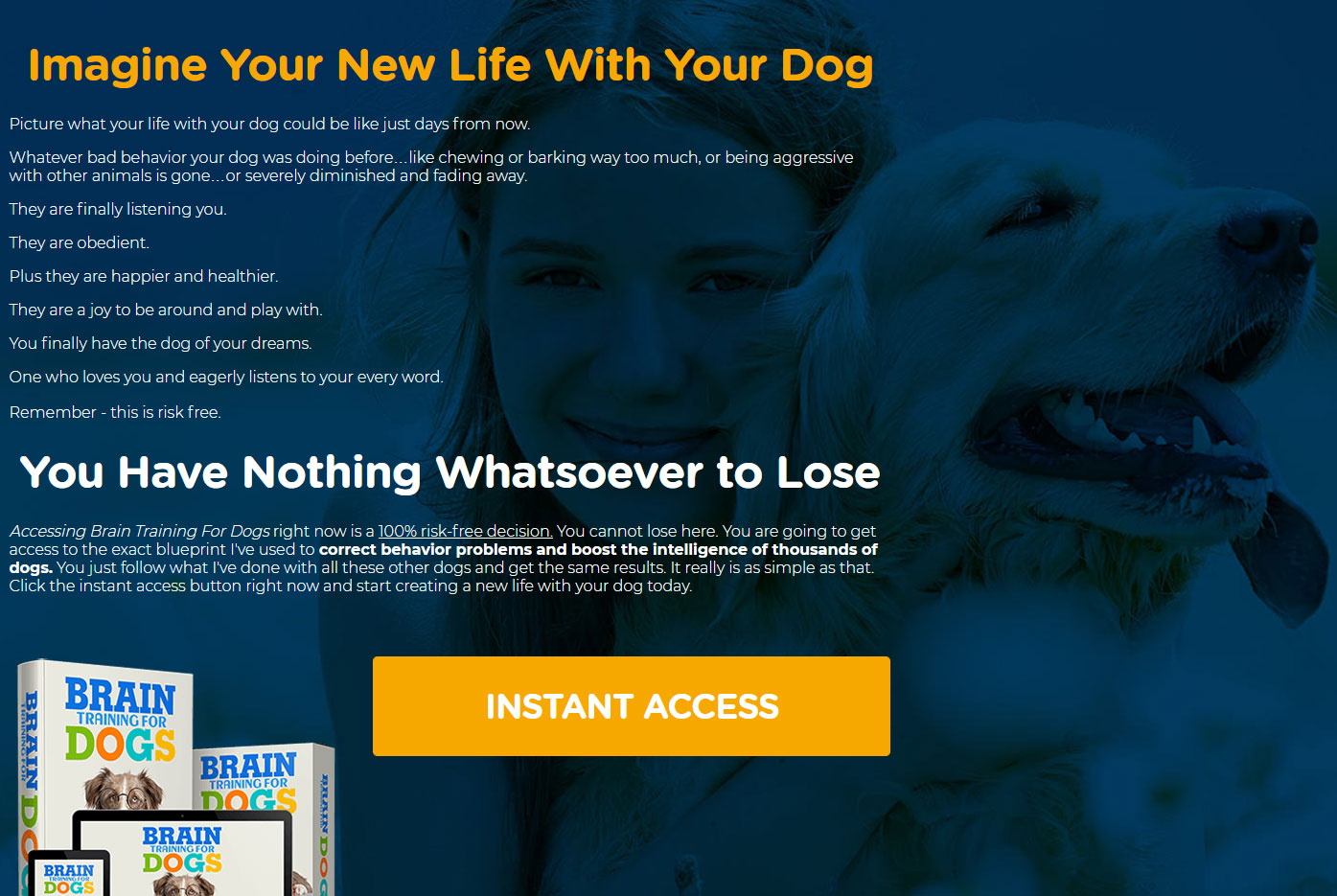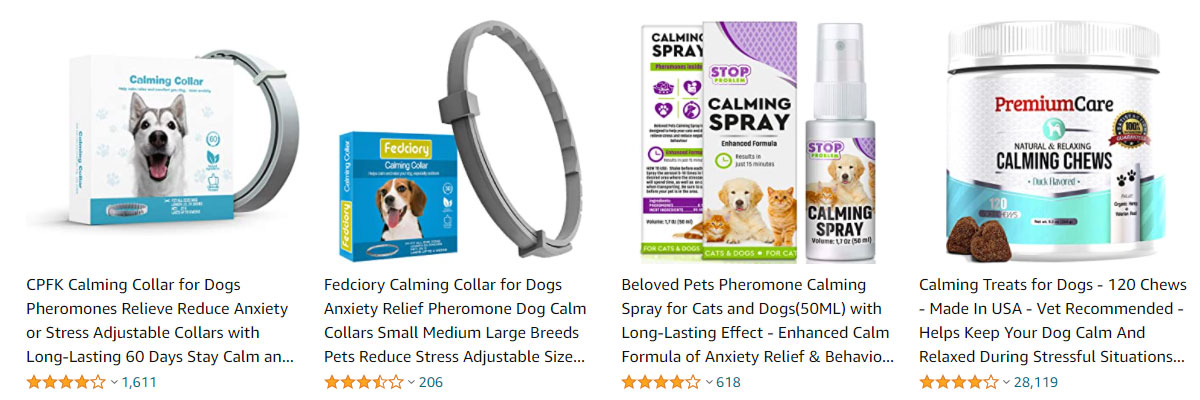Why do dogs whine
First of all, you should know that a dog that whines is simply a dog that communicates. In fact, whining is one of the many ways a dog communicates, just like barking or other non-verbal communications.
We will see here what the dog is trying to communicate when he whines and especially what to do if this behavior becomes excessive. If it is occasional, whining is not considered a real behavioral problem. However, even if it is very rare, it is important to know the cause.
Then, if it is excessive, it will be all the more important to try to understand why the dog uses this means of communication in an untimely manner and especially what it hides in order to solve the problem.
Why does my dog whine?
To understand why your dog squeals and whines, it is very important to observe him and especially to identify the triggers of this attitude. As a general rule, whining in dogs is used to get their owners' attention and often works wonders. Since the dog gets satisfaction (by having the full attention of his owners) as soon as he squeals, why not reproduce this behavior after all?
You can also observe your dog whining when he is bored, stressed or when he can't handle his frustration for example. We will see what to do for each of these situations. Indeed, a dog that is bored may whine to let you know. But often, this will be accompanied by other behaviors that will reflect the boredom: destructions, substitution activities (excessive licking of a limb for example), excessive barking, etc.
In addition, your dog may whimper because he is in a state of high stress and whimpering allows him to compensate for this discomfort. This behavior can be observed especially when the owners leave or at night for example. Here, we are on a real problem of anxiety related to the separation.
Finally, if your dog is constantly whining, it is important to rule out possible physical problems. Indeed, a dog can whimper out of pain and in this case, you should consult your veterinarian to rule out any physical problems.
The little extra: be aware that some breeds are more expressive than others. I am thinking in particular of the German Shepherd or the Husky for example which are real chatterboxes!

My dog is whining: what to do?
The first thing to do is of course to check with your veterinarian that your dog is not in pain and that he is not expressing physical discomfort through his whining. If the medical reason is ruled out, you can then work on several points:
My dog whines to get my attention
Personally, I noticed that my dog started to whimper when I didn't take her out at the usual times. So, to compensate for this, I voluntarily proposed systematic outings at different times so that she wouldn't settle into a routine. I had to take it upon myself to systematically ignore her "requests" (which she expressed by whining).
Ignoring a whining dog is: don't look at it, touch it or talk to it. It is very important to have no social interaction at this time because, even if you talk to your dog to scold him or ask him to be quiet, he will take this as validation of his behavior and repeat it.
My dog whines because he doesn't get what he wants
In this case, you need to teach your dog how to deal with his frustration because it is often because they are used to always getting their way that they have trouble dealing with their emotions when they don't get what they want.
We often have a tendency to always try to satisfy our dogs and meet all their demands "to make them happy", but we have to admit that this does not help them in the long run. A dog must learn that he will not always get satisfaction as soon as he wants it, you must always stay on the initiative and make your dog understand that it is by giving up that he will win and not by insisting.
Imagine if we, as adults, had not learned to manage our frustrations... We would be constantly throwing tantrums like children who don't have their pack of candy in the supermarket. It would be unbearable for us, but also and especially for the people around us. Well, for your dog it's the same thing. He has to learn to manage his frustration in order to integrate himself in your home but also in the society in a more general way.

My dog is whining because he is bored
There is nothing worse than a bored dog. To counteract this, you must not manage the problem when it arises, but make sure that the problem does not arise. In other words, you need to offer your dog regular, daily activities that are adapted to his need to spend time so that he can get rid of his excess energy.
Thus, lengthen the duration and/or frequency and/or quality of walks, offer your dog a sporting activity such as cani-vtt for example, play fun and educational games with him, offer him activities when he is at home, regularly give him little training lessons by teaching him new funny instructions to stimulate him mentally, etc.
The important thing to remember about exercising your dog is that it is not enough to exercise him physically. A dog will need to be spent, of course, physically but also and especially mentally and olfistically.
My dog whines because he is stressed
If your dog is whining because he is stressed, it will be very important to understand the situations and environments that put him in this state and to work on his confidence and emotional balance.
To do this, I recommend that you call on a dog behavior professional (dog trainer or veterinarian) to help you in this process. A dog can become stressed in a variety of situations and environments, but generally speaking, dogs that whine out of stress are dogs that do not tolerate/accept loneliness and distance from their owner.
I therefore strongly invite you to work or rework the learning of solitude with your dog so that he can better live your departures and absences. For example, go away for a few minutes at a time, isolate your dog in a room, get him used to staying alone in a room, even when you are at home, don't let him follow you everywhere, make your departures positive with a toy to occupy him, don't make him celebrate before leaving or when you come back, etc.
Another example, if your dog whines during walks, in environments where he is not comfortable, try to divert his behavior by proposing an activity that he likes, possibly by changing the environment (go to a quieter street if it is the crowd that makes him whine for example). The most important thing will be to work by immersion but especially in a progressive way so that he assimilates the possible stressful environments for him to something normal, common but especially positive.
The little extra: you should know that there are collars that diffuse soothing pheromones, called Apaisine, offered specifically for dogs by the Adaptil brand, which can help your dog better manage his emotions, especially his anxiety related to separation.

Above all, if your dog whines because he is stressed, do not punish him, do not scold him, do not punish him! This would only increase his stress and his discomfort. Focus more on finding the source of his emotional discomfort and be sure to treat the cause of the problem (the stress) rather than the symptom of the problem (the whining).
To conclude, as you can see, the most important thing in solving this problem is to identify the cause of the problem.
Things to remember
- Consult your veterinarian to rule out any physical discomfort
- Stop responding to all of your dog's requests for attention
- Ignore him by turning your back and as soon as he gives up, call him to offer him contact
- Always initiate contact with your dog (petting, playing, etc.)
- Spend your dog regularly and in a qualitative way
- Work on the notion of frustration to avoid any overflow
- Teach your dog that being alone is cool!
- Never reassure a whining dog with a pat
- Deflect the behavior and lead him progressively and positively towards what eventually makes him stress
- Do short but regular sessions of immersion in environments/situations that make him whine
I recommend that you contact a behavioral professional to help you solve this problem if it persists. You may not have the right attitude or the right method to deal with your dog's problem. The professional will be able to help you understand the cause of the problem and thus find a balance.

